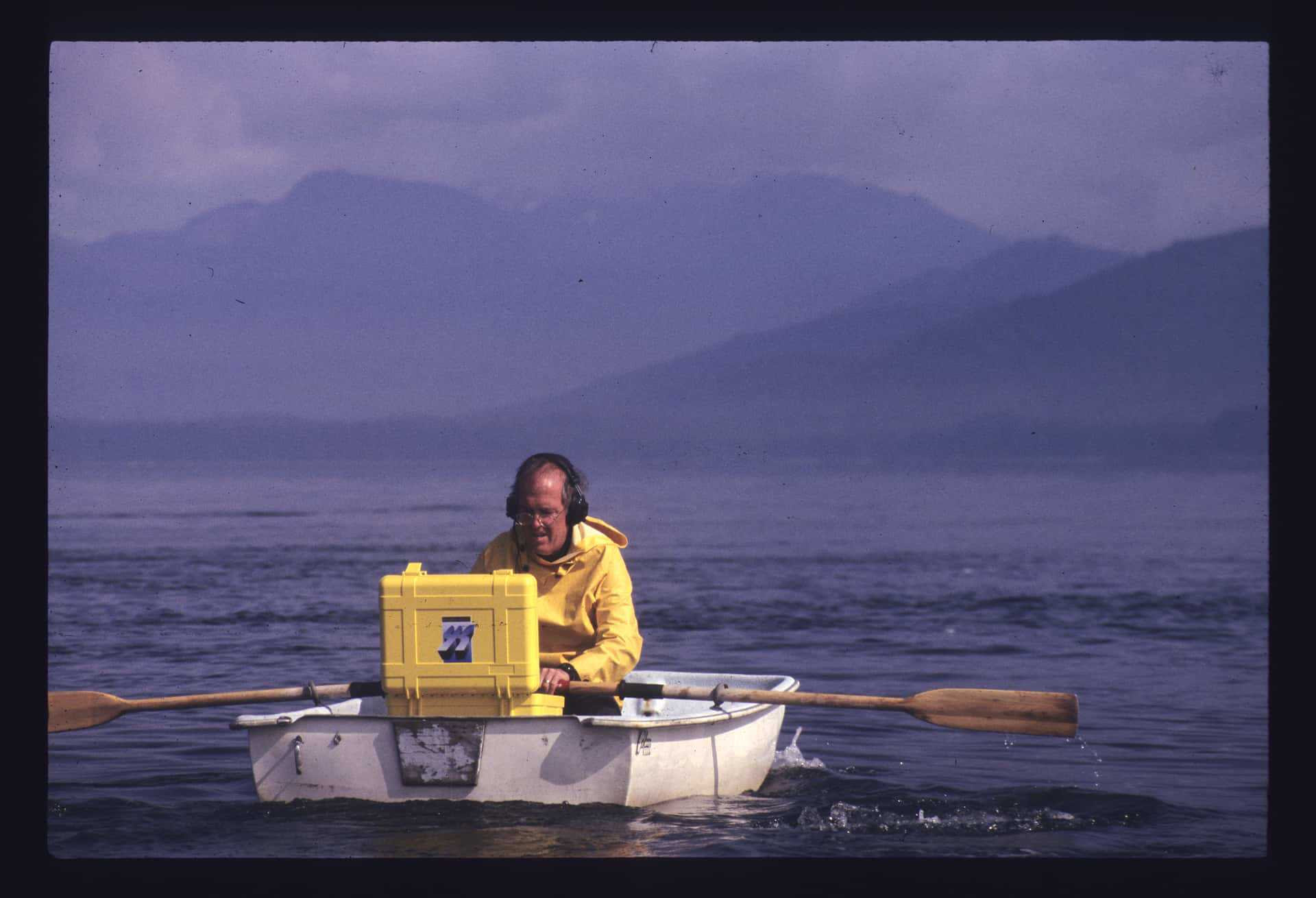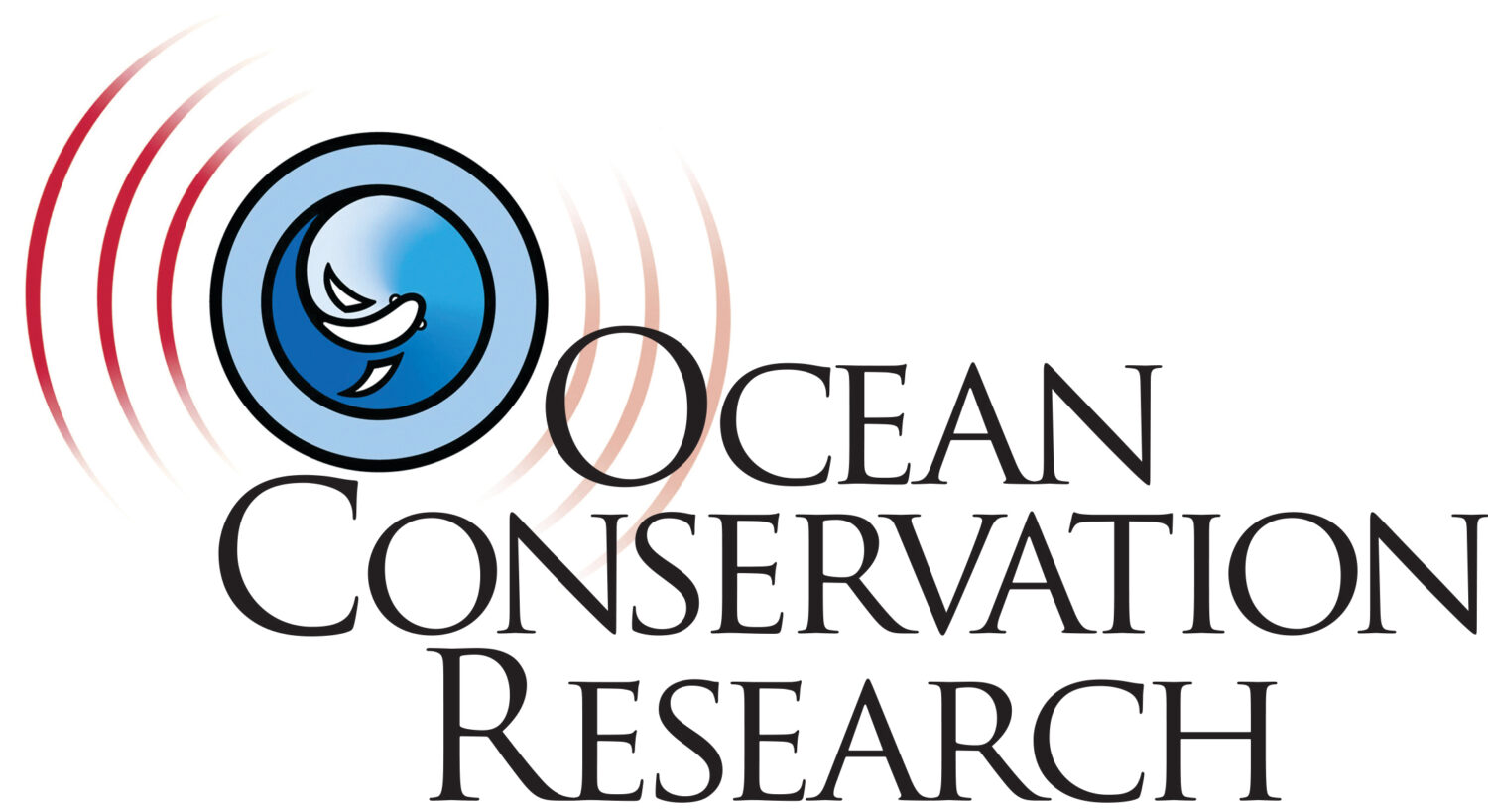
Honoring the Legacy of Bioacoustician, Roger Payne

Roger Payne passed on to the Spirit World just a bit over a week ago. I honor him deeply because without his work, it is likely that I would not be here now. Neither would many whales. While this is a tall claim, it was largely due to his epic album “Songs of the Humpback Whale” that kicked the “Save the Whales” movement into high gear.
You have undoubtedly heard these evocative recordings – used by so many musicians from jazz saxophonist Paul Winter , to folk singer Judy Collins, to classical composer Alan Hovhaness, as compositional elements in their music. And it also woke up Americans from coast to coast – and actually people around the world, to the understanding that these majestic animals – who were being slaughtered and rendered into lubricants and dog food, actually had something much more valuable to offer.
The songs were recorded in the late 1950s by US Navy engineer Richard Watlington while recording underwater explosions for the Navy. Somehow years later, Roger came into possession of the recordings. After listening to them for some time he realized that they contained repeated, and recognizable patterns (one of the super-powers of a musician).
As more scientists explored these and subsequent recordings of humpbacks, the complexity of these sounds become ever more apparent – albeit also more mysterious. It was found that while only the males sing the songs – suggesting that the songs have something to do with breeding success, all males within any breeding group sing the same song. This confounds the usual “breeding fitness announcement” conceit about sexually dimorphic behavior. But breeding fidelity may not be a big issue with humpbacks, as both males and females are sexually promiscuous.
It has also been discovered that elements of the songs migrate from one breeding group to adjacent breeding groups – moving, as best as we know, from west to east. What information do these shared elements contain?
It was Roger’s intent to promote and advance these recordings, and aside from the album – which became the first and only Platinum Album by animals, he made sure they were brought to the attention of various musicians, who conveyed these amazing songs to the public.
It worked! “Songs of he Humpback Whale” was released in 1970, and by 1972 products from the whaling industry were prohibited in the US, and the Marine Mammal Protection Act was signed into law
Five days before his death, Payne published an essay in Time Magazine calling for a new conservation movement. “As my time runs out,” he wrote, “I am possessed with the hope that humans worldwide are smart enough and adaptable enough to put the saving of other species where it belongs: at the top of the list of our most important jobs. I believe that science can help us survive our folly.”
May it be so.

